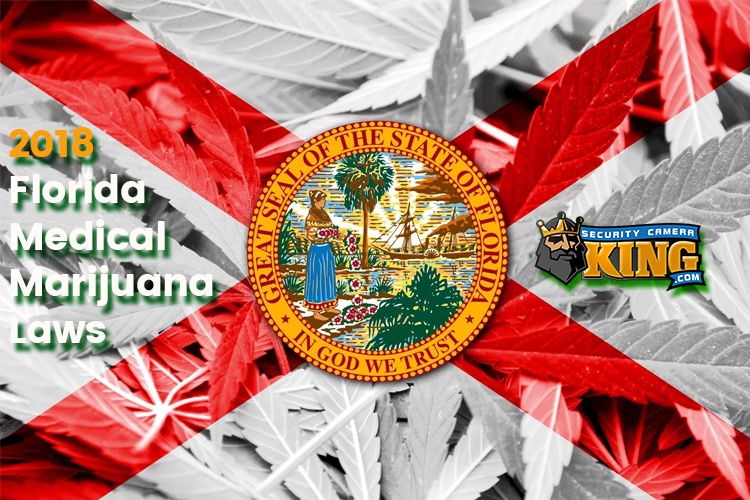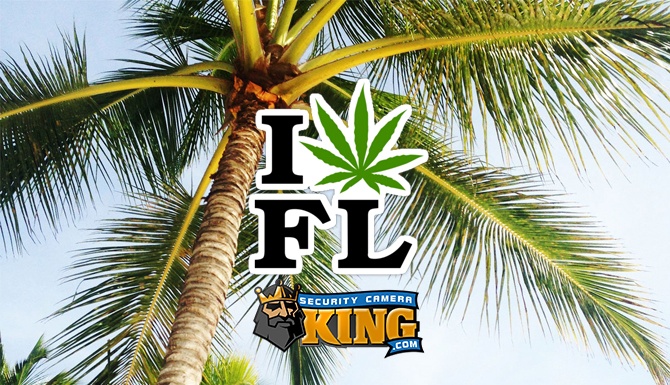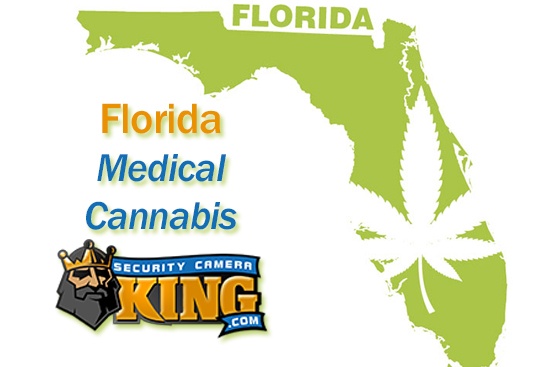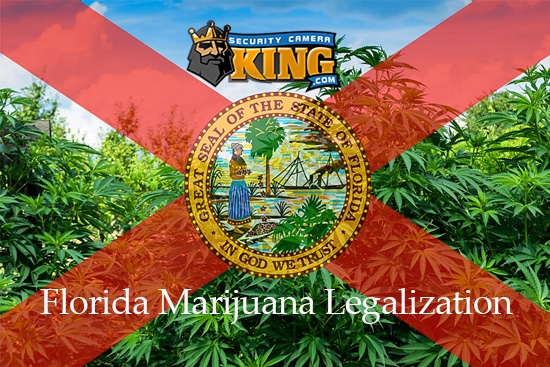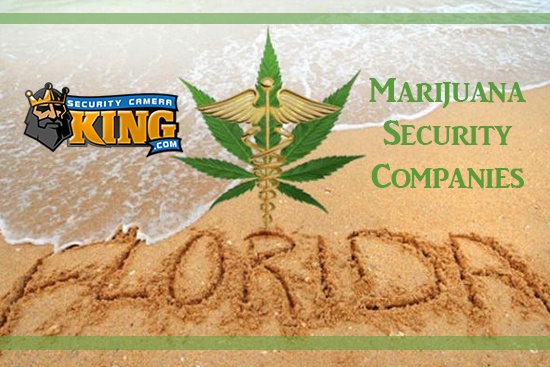What is new about the 2018 Florida medical marijuana laws? Let’s investigate beginning with how we got here. A national trend across the entire country has been the steady decriminalization and legalization of medical and recreational marijuana. Over twenty different states have legalized medical marijuana to help parents who are looking for an alternative pain treatment over being prescribed highly addictive opioid painkillers.
Big pharmaceutical corporations have created a massive $78.5 billion dollar a year industry from the sale of opioid prescription pain medications. The result of this massive supply of opioids has been a national opioids crisis. Over 2 million Americans are addicted to opioid prescription painkillers and over 33,000 Americans die each year from an opioid overdose.
Currently, marijuana is still illegal on the federal level, but it hasn’t enforced it on the more than two dozen states who legalized medical and recreational uses of marijuana. Such states include Colorado, Washington, Nevada, the District of Columbia, and California, just to mention a few. Seeing these trends, the people of Florida voted to pass Amendment 2, which has made medical marijuana legal in Florida. 2018 Florida medical marijuana laws require a legal medical marijuana card that is prescribed by a physician.
There is a growing support across the country of people in favor of the legalization of both medical and recreational marijuana. According to the latest Pew Research study, 61% of the American population is in favor of the legalization of marijuana for recreational purposes. It is becoming more and more of a bipartisan issue. Sixty-two percent of Republicans under the age of forty are in favor of recreational marijuana legalization, along with seven out of ten registered democrats.
The results of the legalization of medical and recreational marijuana have been quite financially beneficial for cash-starved state confers. Many states have increased their tax revenues by leaps and bounds by taxing marijuana. In Colorado alone, the first ever state to legalize recreational marijuana has raised over half a billion dollars in tax revenues from the profits of recreational marijuana.
The tax revenues have been used to improve funding to public schools across the state, increasing budgets for school districts struggling with shrinking school budgets. With the extra school funding, public schools districts across Colorado have been able to provide more programs to their students.
Colorado isn’t the only state to have increased taxes revenues from legalizing marijuana. All the states that have legalized medical and recreational marijuana have increased their annual tax revenues from it:
States that have legalized both medical or recreational marijuana:
- Colorado
- California
- Alaska
- Washington
- Oregon
- Nevada
- Maine
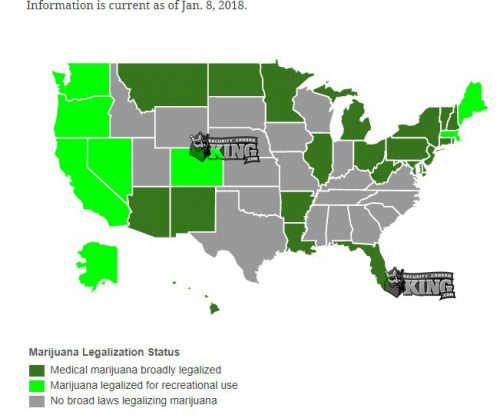
- Massachusetts
- Florida
- Arizona
- New Mexico
- Montana
- North Dakota
- Minnesota
- Michigan
- Illinois
- Pennsylvania
- New York
- Louisiana
- Arkansas
- New Hampshire
- Vermont
- Connecticut
- Maryland
- New Jersey
- Rhode Island
- Delaware
- West Virginia
- District of Columbia
Florida is one of the newest states to be added to this list. They voted on and approved a House Bill that finally allows medical marijuana to be used by patients with certain conditions. These conditions vary from major, life-threatening illnesses to lifelong mental or physical problems. You Can find all of the different conditions listed here:
Amyotrophic Lateral Sclerosis (ALS/ Lou Gehrig’s Disease), Anxiety, Anorexia, Arthritis, Back Pain, Cachexia, Cancer, Chronic Pain/ Severe Pain, Crohn’s Disease, Cyclical Vomiting Syndrome, Diabetes, Epilepsy, Glaucoma, Hepatitis C, HIV/ AIDS, Irritable Bowel Syndrome, Lyme Disease, Migraines, Multiple Sclerosis, Muscular Dystrophy, Muscle Spasms/ Chronic Muscle Spasms, Parkinson’s Diesease, Post-Traumatic Stress Disorder (PTSD), Seizures, Severe Nausea, Sickle Cell Anemia, Spasticity, a terminal condition/ illness, or any other ailment/ condition of the same severity/ symptoms, when determine by a physician’s opinion that medical use of marijuana would surpass any potential health risks.
There are also strict protocols for surveillance setups anywhere that marijuana is manufactured, grown, kept, or distributed. The security cameras monitoring these facilities or warehouses have to meet certain conditions. Additionally, the footage has to be retained for a specific period of time and connected to a completely secure network. You can find the statutes stating this here:
Florida Statute 381.986, Section 6– This is the official statute for the laws dealing with medical marijuana in Florida. Previously, only marijuana with THC levels below %0.08 was allowed to be prescribed. Now, Florida allows regular THC levels to be prescribed. Additionally, there are numerous security measures anyone distributing or housing marijuana must adhere to. You can find the exact statutes relating to security listed below:
- Chapter 381.986
- (d) To ensure the safety and security of its premises and any off-site storage facilities, and to maintain adequate controls against the diversion, theft, and loss of low-THC cannabis, medical cannabis, or cannabis delivery devices, a dispensing organization shall:
- 1.a. Maintain a fully operational security alarm system that secures all entry points and perimeter windows and is equipped with motion detectors; pressure switches; and duress, panic, and hold-up alarms; or
- (b). Maintain a video surveillance system that records continuously 24 hours each day and meets at least one of the following criteria:
- (I) Cameras are fixed in a place that allows for the clear identification of persons and activities in controlled areas of the premises. Controlled areas include grow rooms, processing rooms, storage rooms, disposal rooms or areas, and point-of-sale rooms;
- (II) Cameras are fixed in entrances and exits to the premises, which shall record from both indoor and outdoor, or ingress and egress, vantage points;
- (III) Recorded images must clearly and accurately display the time and date; or
- (IV) Retain video surveillance recordings for a minimum of 45 days or longer upon the request of a law enforcement agency.
- (d) To ensure the safety and security of its premises and any off-site storage facilities, and to maintain adequate controls against the diversion, theft, and loss of low-THC cannabis, medical cannabis, or cannabis delivery devices, a dispensing organization shall:
Unfortunately, the conclusion that I’ve found when searching for any updates on the new 2018 Florida medical marijuana laws has revealed little to no updates. Stuck in the slow-moving process of bureaucracy, we can only hope that our legislators will move quickly to legalize this life-changing medicinal herb.
About Us
Security Camera King is a leading provider of security cameras and surveillance equipment for marijuana dispensaries throughout the country. We have assisted in setting up numerous warehouses, storage facilities, and grow houses throughout the country. Our facilities in Boca Raton, FL and Wheat Ridge, CO allow us to help anyone with cannabis security needs. CONTACT US if you have any questions and visit our website to view our extensive collection of surveillance products at the link provided here: Security Camera King.
Facebook | Twitter | Google+ | YouTube
2018 Florida Medical Marijuana Laws

